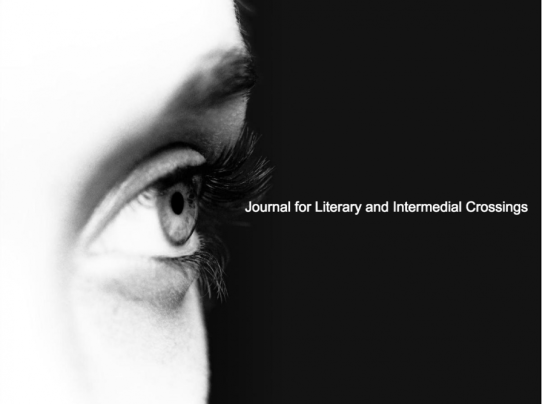
CALL FOR ARTICLES:
Literature, social engagement and civil commitment in the Italian literary press of the 18th and 19th centuries
Special issue Journal for Literary and Intermedial Crossings 6.1 (2021)
Guest editors: Francesca Bianco (University of Padua) and Andrea Penso (VUB)
Among the aspects that characterized the Italian cultural, social and political vitality of the 18th and 19th centuries, an important place is occupied by the rise of literary reviews and magazines. Initially considered as a second-level circuit for the discussion of different aspects of intellectual and social life with respect to the elitist cenacles and the salotti letterari, the reviews became the medium most widespread for the dissemination of knowledge and information, thanks to their capillary diffusion. In this heterogeneous panorama it is possible to pinpoint at least one constant feature: the regular intersections occurring between journalism and literature led to an increased socio-political engagement of the journals. Building on the studies by Gaeta (1966), Castronovo, Ricuperati, and Capra (1976), Galante Garrone, Della Peruta (1979) and Gozzini (2011), this thematic issue will analyze some of the many crossings occurring between literature, politics and social themes that were animating the variegated Italian journalistic environments across the 18th and 19th century. Through targeted surveys on magazines, journals and editorial experiences, the issue aims to investigate specifically the role played by the journals of the time as platforms where literature and its role in society were discussed on an – almost – daily basis, giving rise to conversations that were not limited to the literary domain. The issue’s perspective goes beyond territorial boundaries, as it will also engage with the intercultural crossings that animated the European scene of the time: the periodical press was one of the main protagonists in the dissemination of knowledge and in the intercontinental dialogue of the time. The press became the forum for perspectives on themes such as educational dissemination, cultural orientation, consensus organization, social and political issues. The topics of discussion, often based at the intersections occurring between literature and current affairs, acquired a decisive value in the formation of a cultural and political identity in the Italian peninsula: literature was often bent for purposes that went beyond purely aesthetic goals, uncovering a path that shows the traces of the political changes. The debates that animated the journals, gravitating around the intersections between literature, international politics, gender issues, and civic identity, illustrate the image of a society that was becoming increasingly sensitive to new cultural issues, and permeated by a participatory spirit that the dominant censorship could not stop.
The topics for articles include, but are not limited to:
- intercultural exchanges between Italy and Europe through the press
- intermedial crossings fuelled by the periodical press
- intersections between literature, journalism and their influence in the political situation of the time
- the role played by literature and the press in the building of a national identity
- journalism and gender issues
We welcome contributions in Italian, English, French, Dutch, German and Spanish. Please send your finished article to the guest editors of the special issue, Francesca Bianco (francesca.bianco@unipd.it) and Andrea Penso (andrea.penso@vub.be), and to JLIC (jlic@vub.be). Articles should be accompanied by an abstract of maximum 500 words (in English and, if applicable, also in the language of your article) and a list of 5 keywords (in the same (two) language(s)) and a 100-word author bio (in English only). Potential contributors should bear in mind that a two-stage review process is envisaged for full essays. In the first stage, articles will be reviewed by the guest editors. In the second stage, articles will be double-blind peer-reviewed by at least one external anonymous expert referee. You can find the guidelines for the submission here . Deadline for submissions: 30 September 2020.
